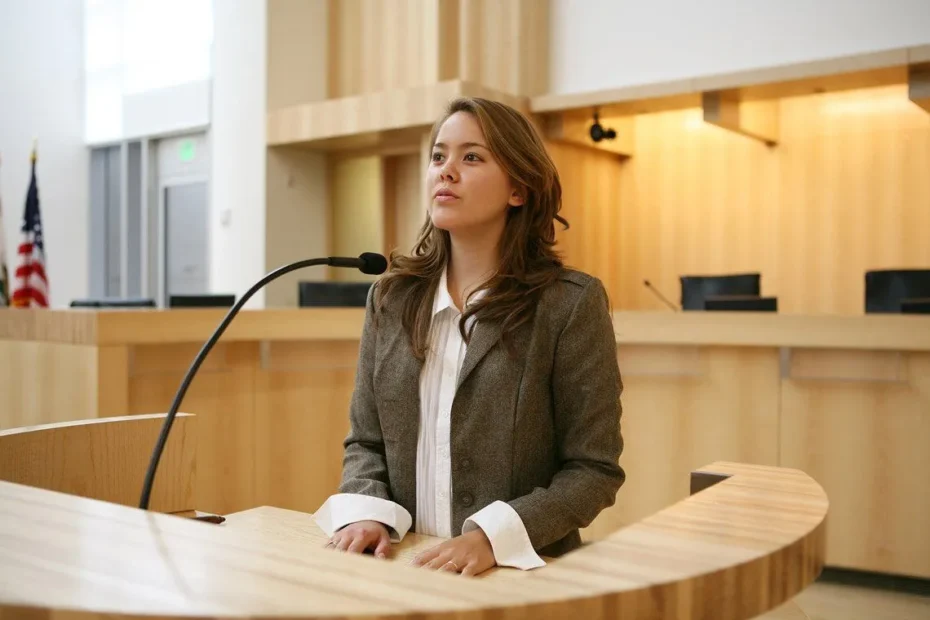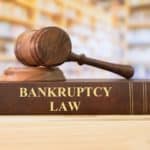Opinions are easy to form and even easier to share, especially in today’s world of competing voices, claims, and speculation. But the weight of words alters completely when the stakes are high—that is, when lives, reputations, or big sums of money are on the line. Not everything spoken has the same worth. Reliable testimony distinguishes from opinion in pivotal times and becomes an instrument of credibility, correctness, and clarity, influencing results and guaranteeing justice. During those moments, what you say becomes less significant than what you can demonstrate and support.
The Legal System Demands More Than Just Conviction—It Requires Verifiable Authority
Confidence alone is ineffective in court. Legal systems are set up around the theory that fair results follow from facts, not emotions. When complicated problems—such as the mechanics of a vehicle crash, the nuances of a financial record, or the chronology of a medical operation—enter the conversation, the testimony must transcend mere surface-level information. It has to come from people with thorough, specialized knowledge who can offer precise, logical, and defendable results. This type of testimony is based on expertise, training, and analysis rather than belief. These voices provide information derived from years of research, professional expertise, and familiarity with certain industry norms, not only opinions. Courts depend on this type of testimony to understand complex facts, therefore guiding juries and judges toward wise choices based on technical or scientific knowledge not easily accessible to the ordinary person.
Expertise Translates Complex Information into Understandable Truth
One of the main purposes of trustworthy evidence is simplification. Technical topics, with their data, vocabulary, and intricate nuances, may confound legal processes. This material runs the danger of being misinterpreted or discounted totally without appropriate justification. Reliable testimony closes the gap. The ideal communicator not only knows the content but also clearly explains it so that its meaning is not lost in translation. This ability becomes especially crucial when the result depends on minor but considerable variations in interpretation. For example, the direction of a case can be changed by the precise angle of a vehicle hit, the sequence of financial transactions, or the chemical composition of a material. Reliable testimony accurately and confidently guides decision-makers over challenging terrain by clearly capturing those distinctions.
Credibility Is Built on Consistency, Qualification, and Clarity
A strong reputation is developed with consistency; it cannot be acquired with volume. Reliable testimony has great power since it regularly resists examination. It comes from people who not only have acknowledged qualifications but also a background in professional ethics and thoughtful thinking. Their word counts because it is fact-based and backed up by proof. Such testimony’s power also comes from its capacity to keep clarity and calm under pressure. Reliable witnesses, confronted during cross-examination, show their reasoning without wavering, keeping their eye on the facts instead of ego or emotion. This composure helps them to be credible and distinguishes their observations from speculation. Their presence gives legal processes organization and a calm, confident voice that viewers—juries as well as judges—trust.
The Influence of Specialized Testimony on Verdicts and Settlements
Credible evidence sometimes changes the course of a court case. In civil litigation, as much as in criminal defense, a well-supported, expert-backed statement can be absolutely crucial. It can either support arguments, refute assertions, or draw attention to contradictions in opposing narratives. Usually, the result depends on which testimony people believe to be more based on reason and facts. Professionals who provide expert witness services are expected to remain impartial while presenting the truth as they understand it through analysis. Their role is not to advocate for either party but rather to clarify key facts that support or refute specific legal arguments. Because opposing sides have to consider the credibility such testimony conveys, this clarity generates leverage in both trials and settlement negotiations. Knowing its impact, decision-makers frequently give it great weight when deciding guilt, compensation, or responsibility.
Upholding Integrity in a World Full of Noise
Reliable testimony does more than just inform; it elevates the level of discourse. In a society where false information travels quickly and loud voices usually take the stage; honest and careful testimony acts as protection. It reminds all the people engaged that evidence, analysis, and validation define truth rather than volume or repetition. This type of testimony restores order to chaos. When tempers flare, or narratives compete, it restores focus by drawing attention back to the facts. It distinguishes itself by not following headlines or caving into opinion. Rather, it stays rooted in a methodical approach to knowledge, refutes hyperbole, and gives objectivity top priority. This kind of unwavering integrity becomes crucial as legal procedures get more complicated since it helps to maintain justice in systems depending on the truth.
Conclusion
Reliable testimony serves a purpose beyond simply expressing an opinion; it becomes a cornerstone in the pursuit of justice and truth. It adds depth, clarity, and authority to topics that require more than speculation. When facts count most, your capacity to depend on testimony backed by analytical strength and specific expertise becomes quite valuable. It simplifies complex questions and eliminates uncertainty when the stakes are high.






